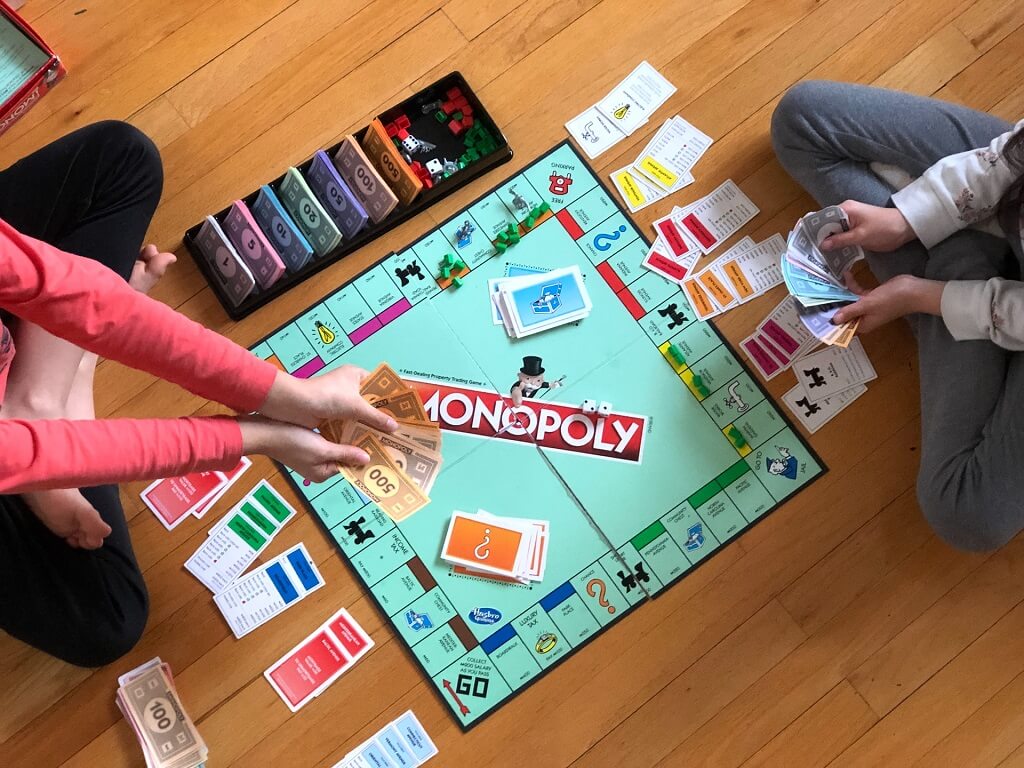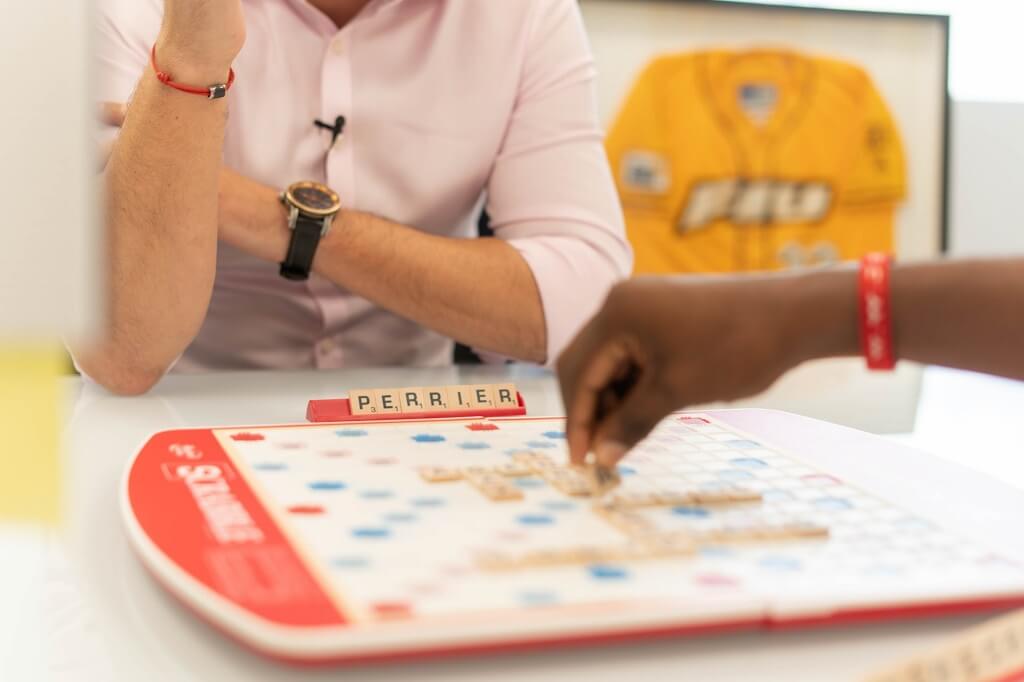Creating a trading card game (TCG) involves more than just innovative gameplay and stunning artwork – it also requires understanding the legal foundations that protect your intellectual property (IP) and define how others may use it.
Licensing and copyright are two of the most critical elements every TCG creator should master to safeguard their work and expand their business responsibly.
Table of Contents
1. Understanding Copyright in Trading Card Games
Copyright is a form of legal protection automatically granted to creators of original works – including artwork, written content, game mechanics (in some cases), and packaging design. For custom trading card games, several elements may be protected under copyright law:
Protected Elements
- Artwork and Illustrations: Each card’s visual design, including character art, background, and symbols.
- Lore and Text Content: Storylines, character bios, names, and ability descriptions.
- Rulebooks and Game Manuals: Written instructions and explanations of how the game works.
- Card Layout and Design: The unique combination of fonts, color schemes, icons, and symbols that form a recognizable look.
Note: Game mechanics (e.g., turn structure or attack points) are generally not protected by copyright. However, the specific expression or presentation of those mechanics can be.
2. Why Licensing and Copyright Matter?
Proper copyright and licensing practices don’t just protect your creative assets – they enhance your brand’s value and build trust among partners, fans, and distributors. A well-protected TCG can grow into a recognizable brand across different media: digital platforms, merchandise, or even animation.
In short, strong legal foundations empower creative freedom. When your work is protected, you can focus on what truly matters – designing engaging worlds, characters, and experiences for players worldwide.
3. Trademark Protection for Your TCG Brand
While copyright protects the creative expression of your game, trademark safeguards the identity and reputation of your brand. You can trademark:
- The name of your game
- Your logo and slogan
- Key character names or symbols that represent your brand
Trademark registration prevents others from selling products or running promotions under similar names that could confuse your audience. It’s especially important if you plan to publish your TCG commercially or license it to distributors.
4. Licensing Basics for Trading Card Games
Licensing refers to granting another party the right to use your intellectual property under defined terms and conditions. For TCG creators, there are two primary scenarios:
A. Licensing Your IP to Others
If you own a unique game concept or franchise, you might allow other companies to:
- Publish localized versions (translated editions for other regions)
- Produce merchandise (figures, art prints, accessories)
- Adapt your game into digital or video formats
These agreements usually include:
- Royalty terms (how much you earn per sale)
- Usage scope (what the licensee can and cannot do)
- Territory and duration (where and how long the license applies)
- Quality control clauses (ensuring brand consistency)
B. Using Licensed IP in Your Game
If your TCG is based on an existing franchise – such as anime, movies, or comics – you’ll need to obtain a license agreement from the IP holder. For example, a “Marvel Heroes TCG” or “Pokémon expansion” would require official authorization.
Using another company’s characters, stories, or artwork without permission can lead to copyright infringement and serious legal penalties.
5. Common Legal Mistakes to Avoid
Many independent creators unknowingly violate IP laws or leave their work unprotected. Here are common pitfalls to watch for:
- Using online artwork without permission, even for prototypes
- Imitating existing TCGs’ card designs or icons too closely
- Failing to register trademarks before publishing
- Ignoring licensing terms when using an external IP
- Assuming “fair use” applies to commercial projects (it usually doesn’t)
Taking time to register and document your rights can save you from disputes later on.
6. Practical Steps to Protect Your TCG
Here’s how you can secure your creative and commercial assets:
- Register Copyright: In many regions, it’s automatic upon creation, but formal registration strengthens legal proof.
- File for Trademarks: Protect your game name, logo, and slogans early – especially before public launch.
- Draft Clear Contracts: Use written agreements with artists, writers, and collaborators to clarify IP ownership.
- Maintain Documentation: Keep dated copies of drafts, artwork, and design files as evidence of authorship.
- Consult an IP Attorney: For commercial releases, seek legal advice on international licensing and copyright protection.
7. Global Considerations
If you plan to sell or license your game internationally, remember:
- Copyright laws vary by country, though most follow the Berne Convention’s basic principles.
- You may need to register trademarks regionally to maintain global protection.
- Your licensing agreements should explicitly specify the rights related to translation and adaptation.
Working with local partners who understand each market’s regulations can help you navigate these complexities.




